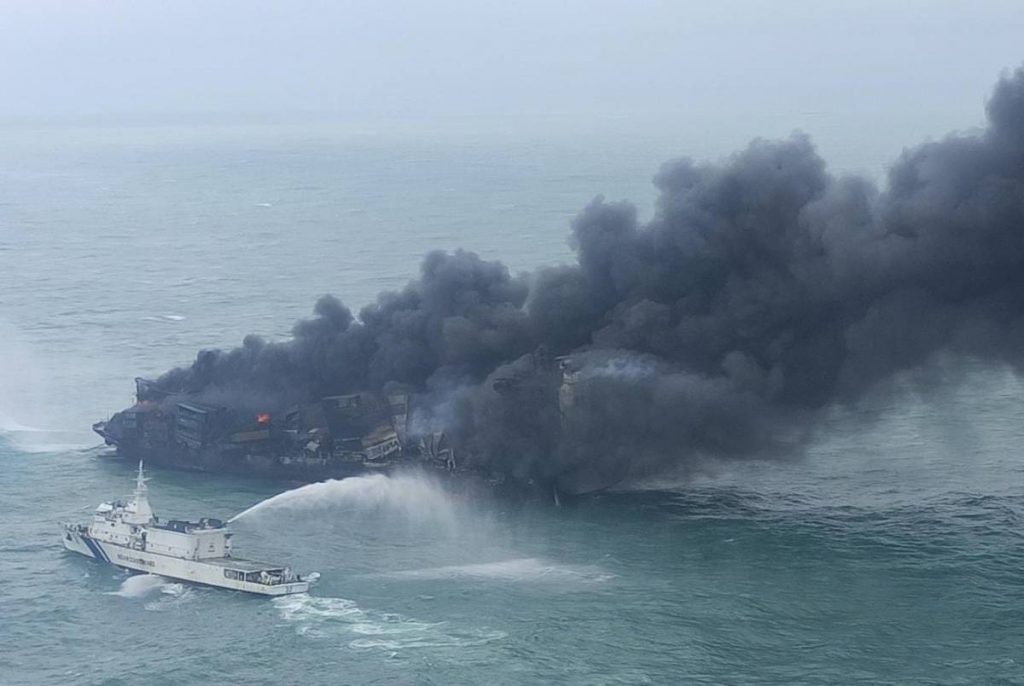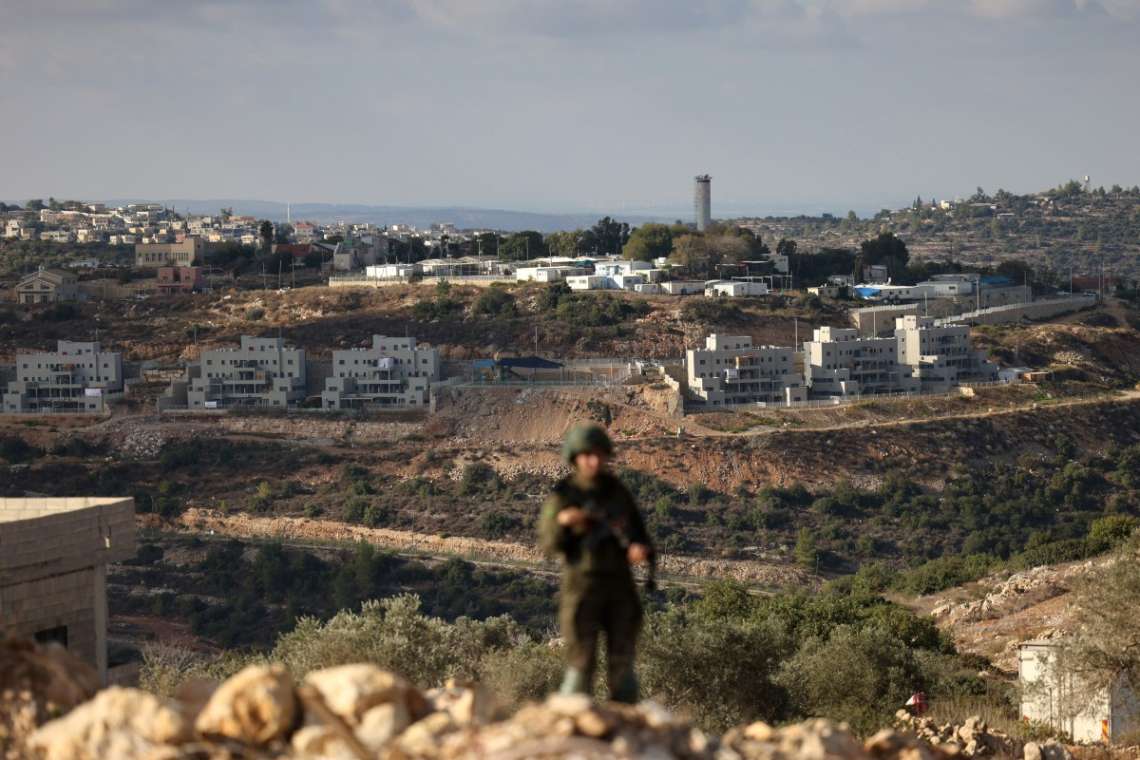Khan reiterated that it was imperative to take steps to protect the environment, which include making national parks, planting trees and carrying out urban forestry….reports Asian Lite News
Pakistan is among the countries most at risk due to climate change, Prime Minister Imran Khan said on Thursday.
“We are more vulnerable than Bangladesh due to the melting of our glaciers. It is not our fault. There are giants that contribute to carbon emissions but countries like us face the consequences,” Dawn news quoted Khan as saying at an event here.
“For the first time in the US, President Joe Biden’s administration is focusing on climate change. The previous administration was not thinking about environmental degradation,” he added.
Khan reiterated that it was imperative to take steps to protect the environment, which include making national parks, planting trees and carrying out urban forestry.
“We need to utilise all available resources to increase the number of trees in the country.”
The Prime Minister lauded that fact that mangroves had increased in the country during the last 20 years despite deforestation.
Regarding awareness about climate change among the public, especially among school children, he said: “We need to take this further so that our entire country is focused on ensuring a better future for coming generations.”
Meanwhile, Education ministers from across the globe are being urged to prioritise quality climate education as a major outcome at the next UN Climate Conference when they meet in Italy as part of the Group of 20 (G20) round of meetings.
An international alliance of labour and teachers’ unions, green groups, youth and parents’ organisations, research institutes, and international organisations issued a statement on Thursday underlining the importance of climate literate citizens in combating climate change.
The groups involved, representing millions of people across the globe, also see quality climate education linked to strong civic engagement as key to better decision-making by governments, green jobs, and building a new, stronger, and more sustainable 21st century economy.
The Joint Civil Society Statement on Climate Education Ambition, focusing on the G20 meeting in Sicily on June 22, argues technological shifts and innovations in areas such as clean energy and electric mobility will be crucial towards achieving the goals of the landmark Paris Climate Change Agreement.












